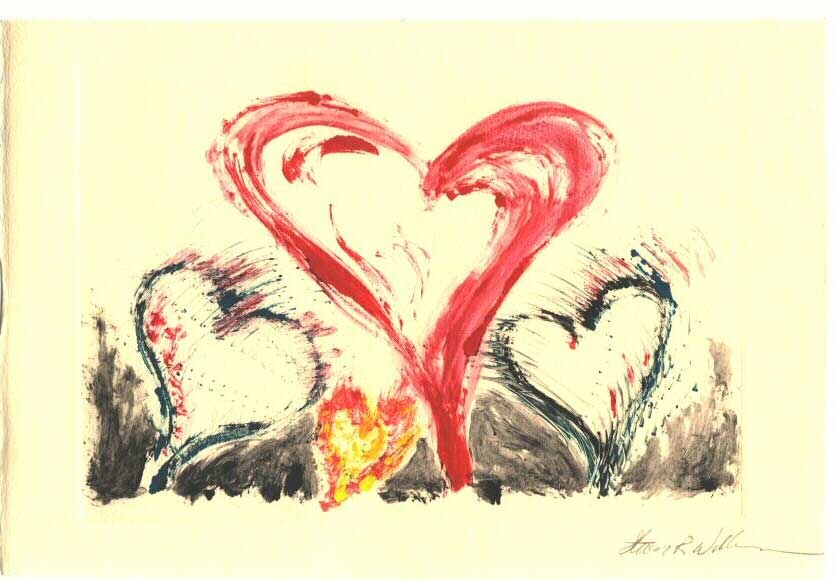 I've been a bit delinquent.
I've been a bit delinquent.I received this book on August 6, 2007 as part of the Advance Reader's program through LibraryThing and read it soon thereafter, finishing it on 8/27/07.
Part of the deal with the Advance Reader's program is that, in return for a free copy of the book, you're supposed to review the book. It doesn't matter if it's a good review or not, you're just supposed to review it.
For some reason, I wasn't very motivated to review this one. I don't know if it was because I only read it out of obligation. I had requested it so I had to follow through on my part of the deal.
I don't know if it was because I wasn't thrilled with it. I don't know if it was because I felt obliged to be kind.
Just not sure.
But, I was in Explore, Aspen's local bookstore, the other day and I saw Tipperary displayed on the counter with the new releases. Checking with Amazon, I found that the book had been published 11/6/07.
So, here I am, writing this review. More as a clearing it off my to do list and assuaging my guilt than anything else.
Not such a great lead-in, huh? Not making you want to rush out and read it, am I?
Rightfully so, perhaps.
I'm fairly ambivalent about this book. I found it a bit difficult to get going. I often found the protagonist annoying.
Let me back up a bit. The book is a cross between historical fiction and a romance novel. It's a romance novel from a male perspective but a romance novel nonetheless. Set in Ireland during the turn of the century, the book unconvincingly entwines the simple, country-boy protagonist, Charles O'Brien, with many a famous individual.
The book is written as Charles' journals and for most of the narrative takes on the often stunted prose of an amateur diarist. Delany also resorts to the improbable artifice of the discovery of writings from O'Brien's mother when faced with the need to include a perspective other than Charles'.
Towards the end of the book, I did start to get interested in the resolution of the "mystery" involving our present day narrator. Not being very familiar with Irish history, I also found some redeeming educational features in O'Brien's story.
I didn't hate it but wouldn't recommend it except to someone with a particular interest in the author, the Irish people or the period.
I do understand that Delany's other book, Ireland, which I have not read, comes much more highly recommended.


No comments:
Post a Comment